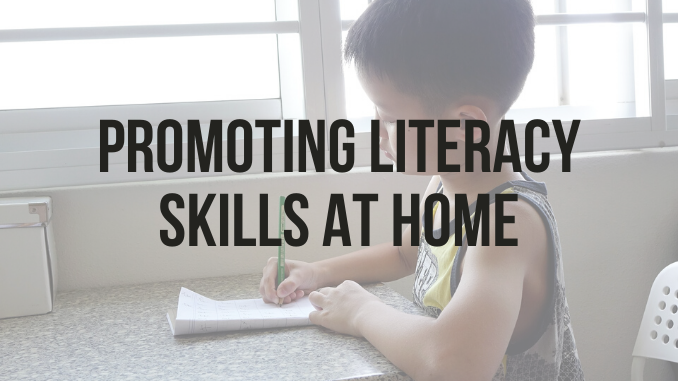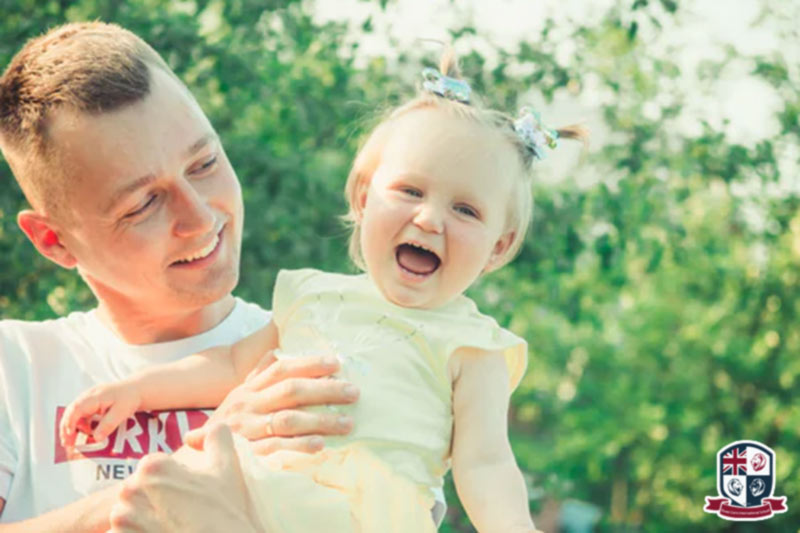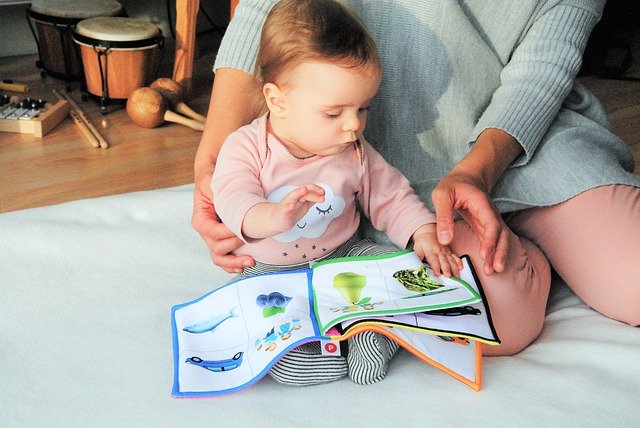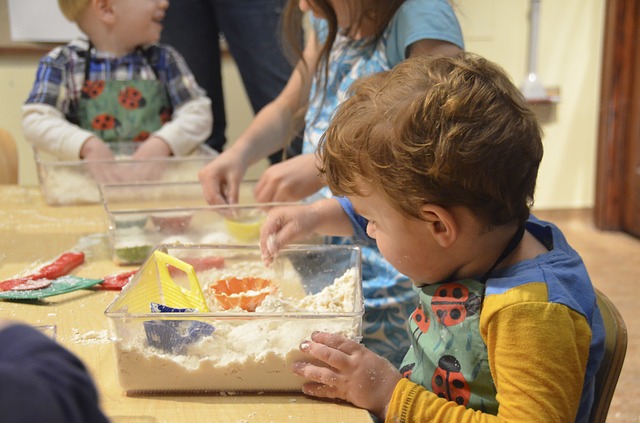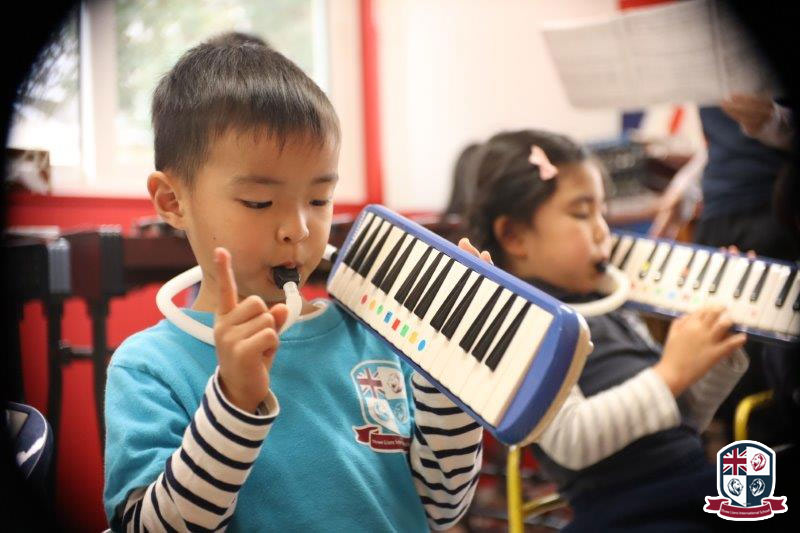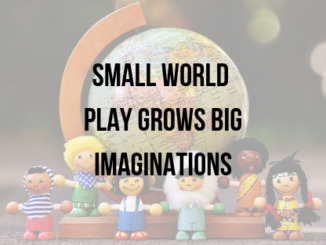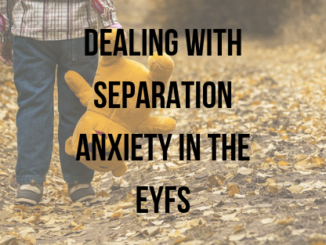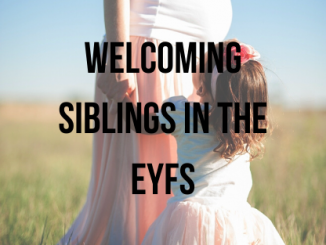Literacy is one of the key skills that parents call to mind when they think about Education. Perhaps, this is a hangover from the “3Rs” era of education; Reading, Writing and Arithmetic or from the introduction of the ‘Literacy hour’ during the years in which most parents were in school, nonetheless Literacy is considered an important skill by many parents.
Literacy is divided into two sub-categories of skills in the EYFS Development Matters documents, that is; Reading and Writing. Whilst parents may consider literacy to be a very important skill for children to learn, it is not considered to be a prime area of learning within the EYFS itself and is instead named as a specific area. This means that there are no literacy expectations for younger children, those under 22 months.
Under the age of 2 children’s development should be focussed on the prime areas of learning, that is Personal, Social and Emotional Development (PSED), Physical Development (PD) and Communication and Language (CL). All of these prime areas flow into literacy development; For example, as children gain more self-awareness and self-confident they become more willing to ‘have a go’ at things which is important when learning to write, when children gain and improve gross motor skills or fine motor skills (PD) they are more able to hold and manipulate mark-making implements such as pens, pencils and brushes, and when children learn vocabulary and become aware of speech sounds (CL) they are more readily able to recognise these in written form when learning to read.
There are plenty of activities that can be undertaken at home without the need for specialist equipment that will help to bolster children’s literacy skills, both for those under 2 who are building skills in the prime areas that will later assist with reading and writing, and for those over 2 who are beginning to access more specific literacy skills. Here are a few suggestions;
Singing nursery rhymes
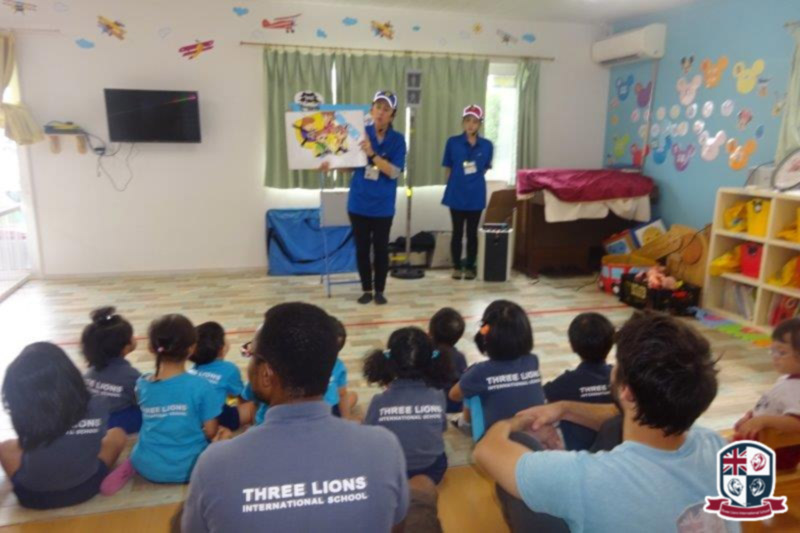
Singing nursery rhymes helps children to develop an awareness of language in a fun way. Experimenting with rhythm, rhyme, pitch and volume helps children to develop listening skills and to differentiate between different kinds of sounds. Even very young babies benefit from hearing nursery rhymes being sung and watching adults faces as they sing. Often toddlers first attempts at language are joining in with songs and rhymes, and young children love to sing nursery rhymes with actions as a learning method.
Talking to your baby
As well as singing to babies, just talking to them has a profound effect on their language and later literacy skills. One way to encourage this is to have your baby face you in their pushchair. Parent-facing prams mean that babies can see their parents faces, so they can ‘talk’ to each other. In fact, studies show that parents are twice as likely to talk to their baby in the pushchair if they are facing them, this gives children the best chance at developing communication skills. Children’s early communication skills are regarded as the single best predictor of future cognitive skills and school performance, particularly with regard to literacy.
Book Nook, Reading together
Enjoyment of reading is extremely important to children’s academic success and reading together with your child from an early age can increase their speech and language skills as well as their specific literacy abilities. Reading for 20 minutes a day means that your child will hear 1.8 million words read aloud in a year, and as books use richer and more varied language than we do in everyday life this is particularly significant.
A great way to encourage toddlers to read is to designate a special reading area, or ‘book nook’ for them; it is important that these areas are inviting so that children are drawn to the area, this may be achieved through the inclusion of cosy surroundings, regularly adding new books and providing a wide range of choice of literature (Hill, 2009; Neumann and Bredekamp, 2000)
Sensory mark making
Children are predominantly experiential, sensory learners so sensory mark-making activities are the ideal way to help with literacy learning. This might be using fingers to make patterns or letters in sand or glitter, or using paintbrushes to draw in shaving foam. Using non-traditional mark-making implements like toy dinosaurs, sticks, flowers or stones also adds interest to the activity, keeps it fresh and gives children different sensory experiences, opening up and reinforcing neurological pathways.
Playing musical instruments
Experimenting with music and musical instruments not only encourages creativity but also helps children to listen with attention and differentiate between different pitches and sounds. Activities like demonstrating a beat and having your child play it back are ideal for honing these skills and are suggested in many phonics programmes as they lay the early skills for reading and writing.
Fine motor skills
We use fine motor skills to make small movements. Fine motor skills are complex; they involve the coordinated efforts of the brain and muscles, and they’re built on the gross motor skills that allow us to make bigger movements. There are plenty of ‘at home’ activities that can help children to develop and hone their fine motor skills, that is small movements in the hands, wrists and fingers. Using play dough is an activity that spans the majority of the Early Years Foundation Stage and is ideal for strengthening small muscles that children will later need for writing and pencil control; encourage your child to roll, press, pinch and shape the dough.
Painting letters
Learning letter shapes and sounds is something that should come towards the end of the Early Years Foundation Stage, and should be taught predominantly through play. If you want to help your child to learn some letters and sounds then try to make activities as experiential and sensory as possible. A very simple activity that can help children feel how to form letters can be set up with chalk and paintbrushes. Simply chalk letters, or patterns, onto the ground outside and give children a wet paintbrush with which to erase the letters by painting over them.
These ideas listed are not an exhaustive list by any means! There are plenty of very everyday activities that make fantastic contributions to early literacy skills; making and reading shopping lists, pegging out the laundry or looking for letters on street signs as you walk around the neighbourhood. The key to learning in the EYFS is that it doesn’t need to be formal and is best delivered through play.

